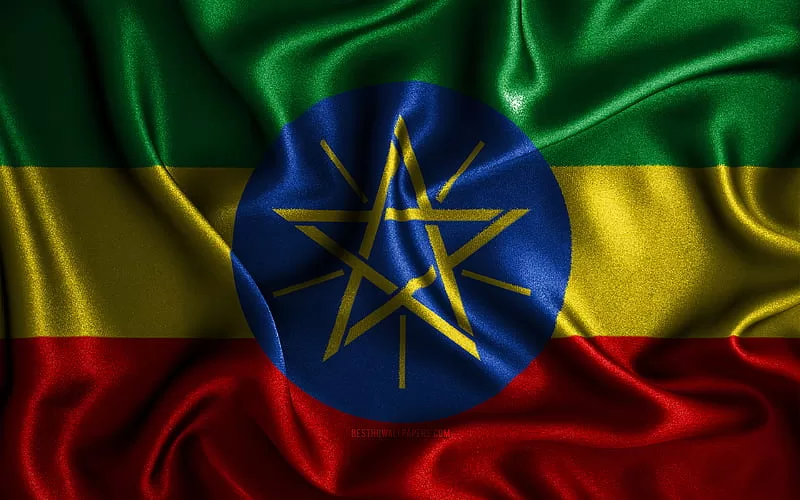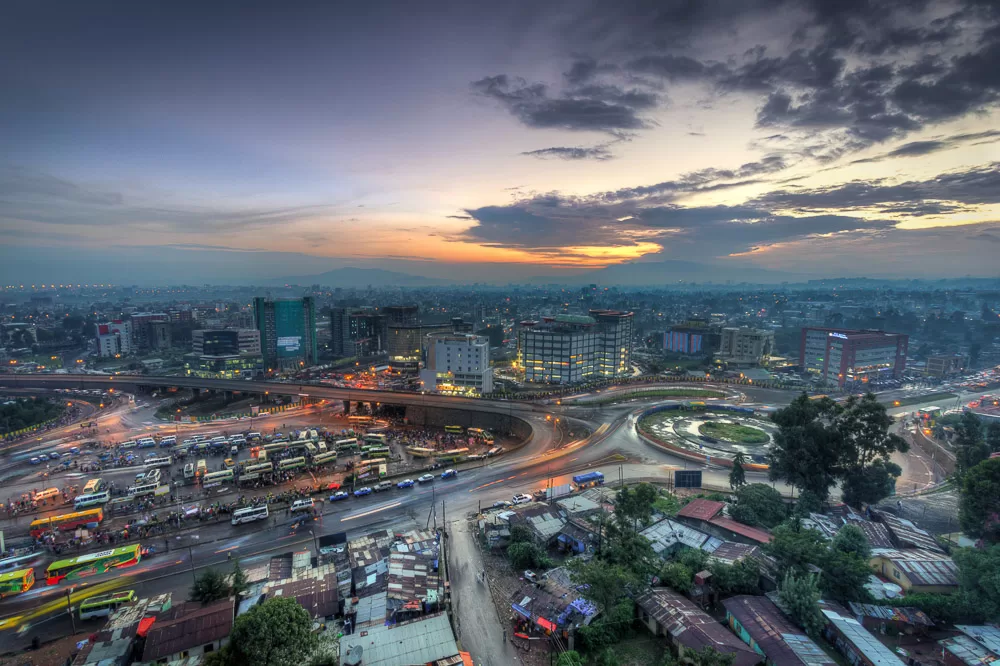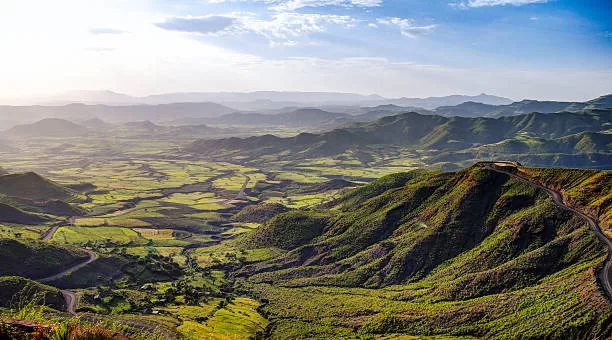Ethiopia Country Report

Ethiopia, located in the Horn of Africa, boasts a rich history and diverse culture. Despite its cultural richness, the country faces challenges such as political instability, ethnic tensions, poverty, and inadequate infrastructure. Ethiopia’s natural beauty, including landmarks like the Simien Mountains and the Blue Nile Falls, is matched by its significance in global geopolitics, exemplified by projects like the Grand Ethiopian Renaissance Dam. Despite its challenges, Ethiopia continues to work towards development and a brighter future for its people.
Last updated: April 4, 2023
Security
Ethiopia faces significant security challenges and risks stemming from internal and external factors. Domestically, ethnic tensions and political instability have escalated in recent years, leading to outbreaks of violence and internal displacement of populations. The government’s response to dissent has been criticized, including allegations of human rights abuses and restrictions on freedom of expression. Additionally, Ethiopia has experienced sporadic conflicts along its borders, particularly with neighboring Eritrea and Sudan, as well as ongoing tensions over the Grand Ethiopian Renaissance Dam with downstream countries like Egypt and Sudan.
These factors contribute to a complex security environment, requiring concerted efforts both domestically and regionally to address underlying grievances, promote stability, and mitigate risks of further conflict.
Last updated: April 7, 2023
Infrastructure

Ethiopia’s infrastructure is undergoing significant development, with investments in transportation, energy, and telecommunications. The country has been expanding its road network to improve connectivity between regions, while also investing in railway and air transport infrastructure. Ethiopia is harnessing its abundant renewable energy resources, such as hydroelectric and wind power, to bolster its energy infrastructure and support economic growth. Additionally, efforts are underway to expand access to modern telecommunications services, including internet connectivity, to bridge the digital divide. Despite progress, challenges remain, including funding constraints and the need for continued investment to address infrastructure gaps and support sustainable development.
Last updated: April 22, 2022
Environment

Ethiopia’s environment is characterized by diverse ecosystems, ranging from highlands and mountains to lowlands and deserts. The country is known for its rich biodiversity and unique landscapes, including the Simien Mountains and the Great Rift Valley. However, Ethiopia faces environmental challenges such as deforestation, soil erosion, and loss of habitat due to population growth and agricultural expansion. Climate change exacerbates these issues, leading to unpredictable weather patterns, droughts, and floods, which threaten food security and livelihoods.
Ethiopia has implemented initiatives to address environmental degradation, including reforestation programs and sustainable land management practices. Additionally, the country is actively involved in international efforts to combat climate change and protect its natural resources. Despite these efforts, ongoing vigilance and action are needed to safeguard Ethiopia’s environment for future generations.
Last updated: March 11, 2022
Health and Medical
Ethiopia’s healthcare system faces numerous challenges but has shown significant improvements in recent years. Access to healthcare services remains limited, especially in rural areas, due to shortages of healthcare workers, inadequate infrastructure, and limited resources. The country struggles with high rates of infectious diseases such as malaria, tuberculosis, and HIV/AIDS, although progress has been made in reducing their prevalence through various interventions. Maternal and child health also pose significant concerns, with high rates of maternal and infant mortality. Malnutrition is prevalent, particularly among children, exacerbating health issues and contributing to developmental challenges.
Additionally, Ethiopia faces emerging health threats such as non-communicable diseases, including cardiovascular diseases and diabetes. Efforts to strengthen the healthcare system and improve access to quality healthcare services are ongoing, but sustained investment and continued collaboration with international partners are essential to address the country’s healthcare challenges effectively.
Last updated: February 23, 2022
Political
Ethiopia’s political landscape has undergone significant shifts, with recent efforts towards democratization under Prime Minister Abiy Ahmed’s leadership. Despite progress, challenges remain, including ethnic tensions, political unrest, and the postponement of elections due to COVID-19. The country continues to navigate these complexities as it strives for greater democracy and stability.
Last updated: April 7, 2023















